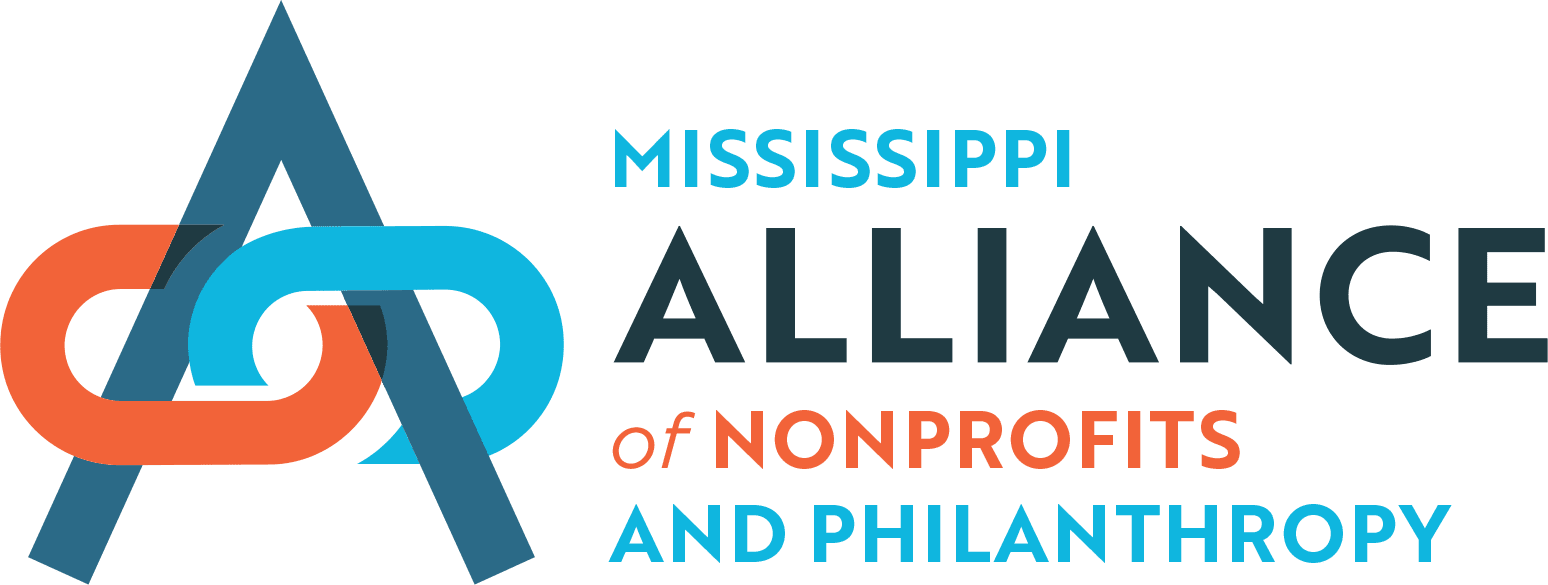Something about the way we are interacting with one another as colleagues and peer organizations just feels different. Do you feel it, too?
My strong sense is that none of us could escape the pain of this past year. Unlike many other times in our nation’s shared history, the pandemic left no one unscathed. Maybe that’s why the journey out of this pandemic also feels different. In the last several weeks, my interaction with leaders from nonprofits, philanthropy, government, and business all feel – dare I say – humble. There is a humility in our shared pain, our shared burden, and our commitment to do things differently. There is also humility in our shared task of ensuring that we create a just nation where all people flourish and thrive. As I’ve written many times before, last year’s multiple crises – the pandemic, our awakened shared understanding of the racial justice we still seek, the ongoing and powerful centrifugal forces of polarization, the election and aftermath, and our ongoing environmental emergency – is all of ours to fix, and I think we may all see that now. We are not the same people we were in 2019 and we are all better for it.
As a Washington, DC-based organization representing many of you here in the public policy arena, I want you to know that it feels different with our representatives in our nation’s capital, too. With 25 years of experience keeping me grounded in political realism, I want to share that this engagement with a new Administration feels different. Certainly, it is different from the last four years, but beyond that, there is an earnest willingness to hear what civil society organizations and the American people really want to see happen. That openness to understanding how our partnership would drive true public good is refreshing. Last week, we collaborated with the White House Office of Public Engagement to organize a meeting among some of the nation’s most critical networked nonprofits, their affiliates, and White House staff about COVID-19 vaccine acceptance and hesitancy. We worked closely with our members and partners to deepen the Administration’s understanding of the role our sector is playing – and can play – in making sure all Americans have access to the COVID-19 vaccine. We had about 570 sector leaders engaged on this call, but I want to specifically thank the following leaders who spoke during this event and represented the sector in a way that would make us all proud: Francys Crevier of the National Council of Urban Indian Health; Walter Kim of the National Association of Evangelicals; Kevin Washington of the YMCA of the USA; Denise Harlow of the National Community Action Partnership; Delia de la Vara of UnidosUS; Stephanie J. Hull of Girls Inc.; and Eboo Patel with Interfaith Youth Core.
In the same week, we also hosted another Upswell Pop-Up for nearly 400 people. In that, we wrestled with our collective ability to continue relentless advocacy toward our systems change goals, all while recognizing that pausing to care for ourselves and our communities is an undisputed condition of that success. (A follow up to that event – the Upswell Exchange – will be held on May 27 and I encourage you, your staff, and community members to participate.)
We certainly do have a long way to go. Disparities still exist in vaccine distribution, in access to healthcare, housing, clean water, safety, and so much more. Our sector’s work is still as critical as ever, but I do hope each of you take a moment to appreciate that there is a willingness to collaborate, to set aside differences, and align around shared results that I’m not sure I’ve seen in my career thus far. It is both humbling and incredibly promising for our future. As we continue to interrogate history, improve our systems, and find the right solutions to focus on those most burdened by our struggles, I hope you do also take a moment to pause and appreciate that we have the opportunity to go forward differently, with a little more hope and spirit and openness to the power of our collective thought and action.
Thank you to the hundreds of leaders who joined us just last week and showing the power in our collective work. We look forward to the many opportunities to come.
Related Articles
A message from your executive director…
A warm hello to our esteemed members and friends. This edition of The Ally seeks to celebrate the rich tapestry that February brings by recognizing Black History Month and other notable events that shape this dynamic month.
Nonprofit Member Spotlight | Family Biz Builder
Family Biz Builder (FBB) is a transformative force in Tunica County, Mississippi. Since 2014, FBB, a compassionate 501(c)(3) nonprofit youth training and development organization, has been the guiding light for countless low-income, at-risk children aged 5-17 and their families across Tunica, Coahoma, and Desoto Counties.
Nonprofit Member Spotlight | Alluvial Collective
Cultivating belonging and wholeness in the world
Friends and Partners,
I’m grateful to be connected to you in this season of celebration and acknowledgment of Black history.



